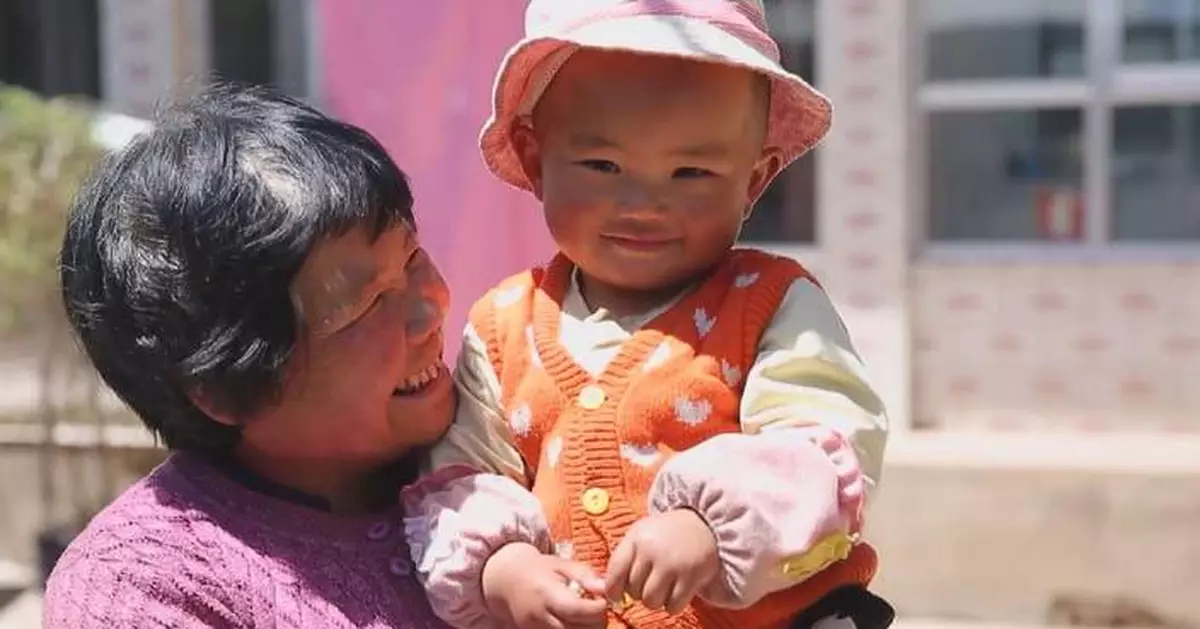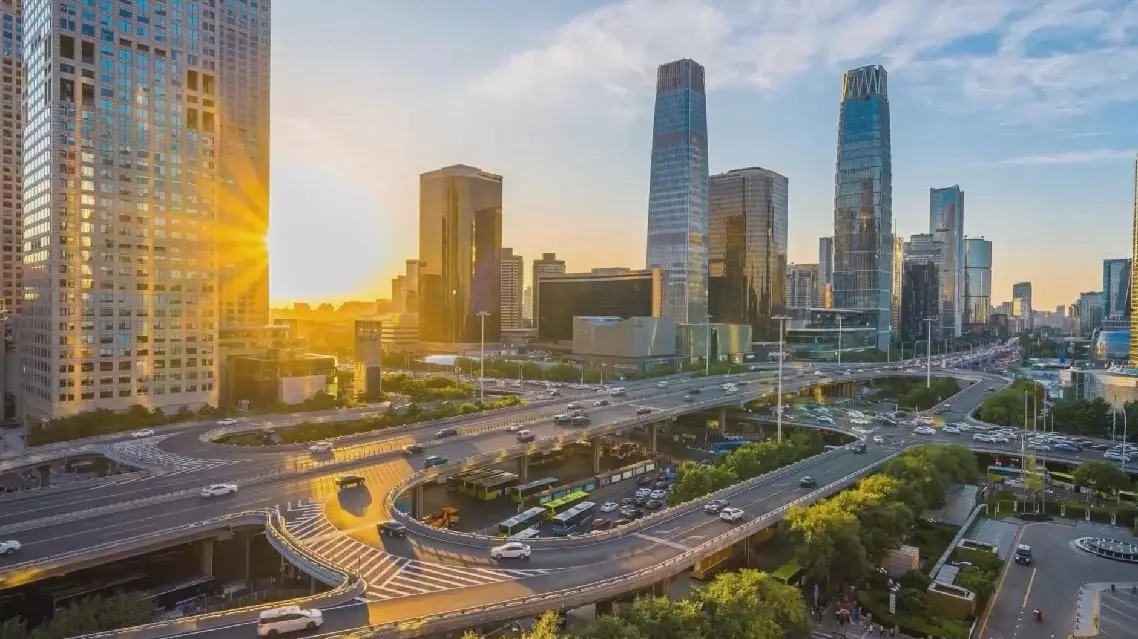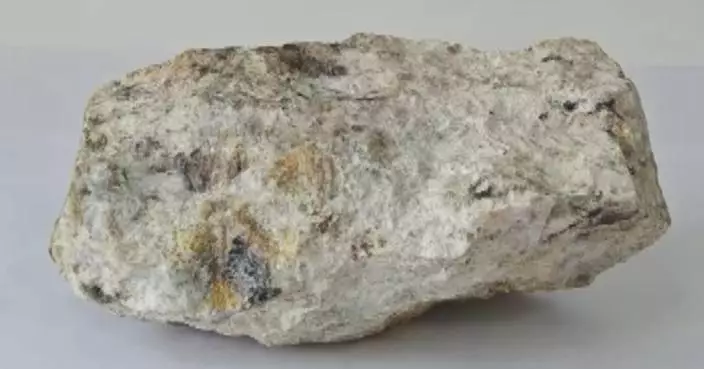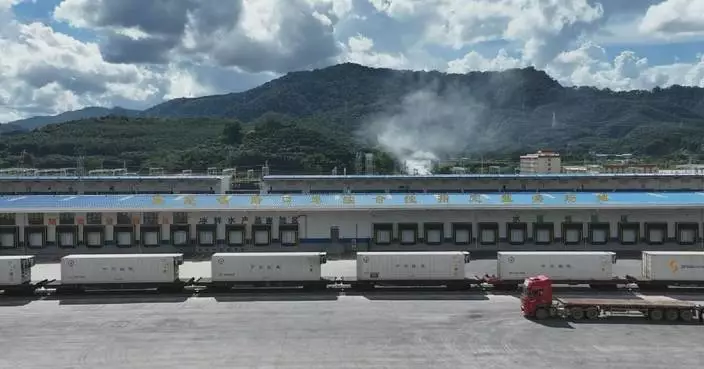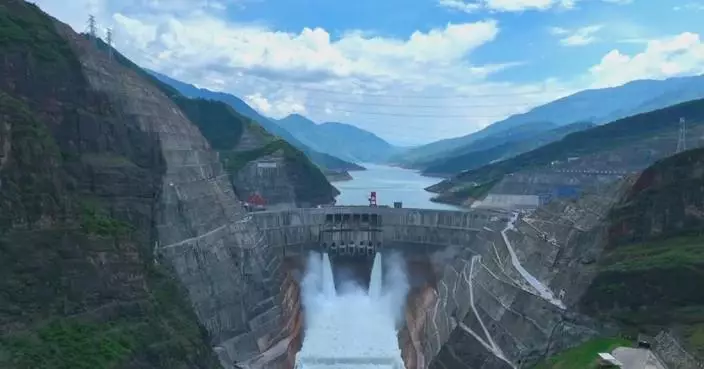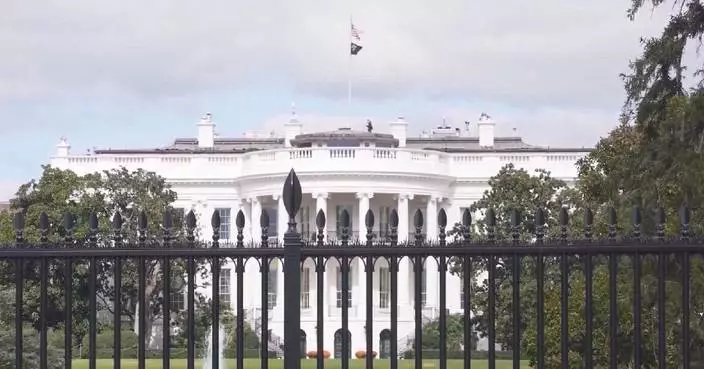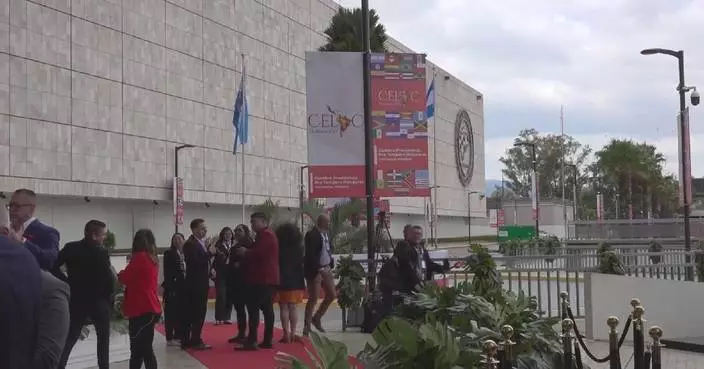Once-impoverished villagers are living a better life with improved ecological conditions in today's new village of Fumin ("enriching the people" in Chinese) in northwest China's Gansu Province, thanks to China's poverty alleviation relocation program.
Early one recent morning, 73-year-old Zhao Shize eagerly awaited the arrival of his latest gifts to himself: a pool cue and a ping-pong paddle.
"Before, when I walked down this road, I carried a shovel or a hoe on my shoulder. Now, in my older age, life is much better. What I carry is now a pool cue and a ping-pong paddle," Zhao said with evident joy.
Zhao's new equipment has further fueled his enthusiasm for exercise at the village's service center, which was specially established for elderly care and childcare.
Opened in August 2022, the center offers a variety of amenities, including sports facilities, areas for chess, dancing, physical therapy, and more.
The happy and fulfilling lives the villagers now lead were once an unattainable dream.
"We used to live in old mud-and-wood houses. When it rained, they would leak, and the walls would crumble," Zhao Shize recalled.
These houses were located in the deep mountains of Qilian Mountain, an area now considered a vital shield for ecological security in western China.
To drive development and protect the environment, Gulang County has established 12 relocation villages and an oasis town in the northern sandy areas since 2012, including Fumin Village. These settlements collectively form the Huanghuatan Ecological Migration Area.
"The purpose is to provide local residents with safe housing and adequate, nutritious food. In the mountains, when the elderly got sick, there was no way out, especially in bad weather. Relocation was a key strategy to lift us out of poverty," explained Yang Wei, former director of the county's poverty alleviation office and current deputy director of Gulang's People's Congress.
Building new homes in a barren sandy area was no easy task. Across from the Fumin New Village, remnants of sand control grids from a decade ago can still be found. What was once a desert has now transformed into a thriving community.
"In the first few years after we moved here, the sandstorms were intense, especially in spring and fall. After every meal, you'd find sand at the bottom of your bowl. Initially, this area was like a blank canvas. But look at the community we've created! The journey was hard, but our achievements have made it worthwhile," Yang said.
To improve living conditions, Gulang implemented a multi-faceted approach. The first step was applying organic fertilizers over an extended period to improve soil fertility, laying the groundwork for reforestation and industrial development. Targeted support was also provided to resettled communities, assisting each household with building a greenhouse for crop cultivation and four heated sheds for livestock farming.
One beneficiary, He Zhentian, has enjoyed great success with his greenhouse operation. This year, he produced his first harvest of ginseng berries. "I'm surprised to see that greenhouse crops bring in much higher incomes compared to what we could grow in the mountains. This has given me confidence to stay here. Each greenhouse can generate an income of 20,000 to 40,000 yuan (about 2,700 to 5,500 U.S. dollars)," He said.
As the barren landscape transforms into a verdant oasis, the villagers' doubts have been put to rest.
Elderly ping-pong fan Zhao Shize, who relocated to the area in 2018, tended his greenhouse until age caught up with him in 2022, prompting him to lease out the facility. He then found a new role as a caretaker at the service center, tending to the flowerbeds out front.
"We cleared away all the sand and added 60 centimeters of topsoil. Without that, the trees wouldn't survive. Back in the old mountain village, forests were damaged as we cut down trees to build houses. But now, those old houses have been demolished, and trees have been planted in their place," Zhao said.
Since 2020, a stretch of barren land in the northeast corner of Fumin New Village was reclaimed and planted with jujube and hawthorn -- cash crops that now cover over 1,000 mu (66.7 hectares).
Such stories of transformation are becoming the norm across the Huanghuatan Ecological Migration Zone and the entire province.
In 2012, Gansu had 5.96 million people living in poverty, nearly 40 percent of the rural population. Seventy-five counties were classified as impoverished, 58 of which were part of a national poverty alleviation program.
Through this unprecedented poverty alleviation campaign, Gansu has fully achieved its targets, ensuring access to food, clothing, housing, healthcare, education, and safe drinking water. All 75 formerly impoverished counties have been lifted out of poverty, with more than 7,260 villages and 5.52 million rural residents escaping destitution and looking to a brighter future.
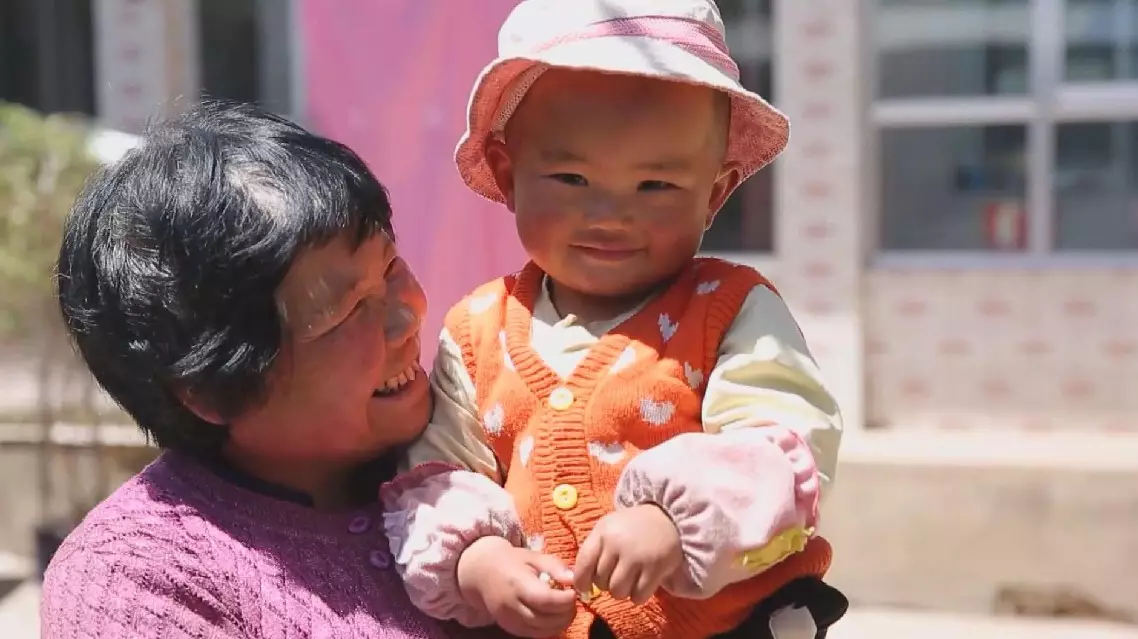
Relocated residents enjoy better life, ecology in new village of Gansu
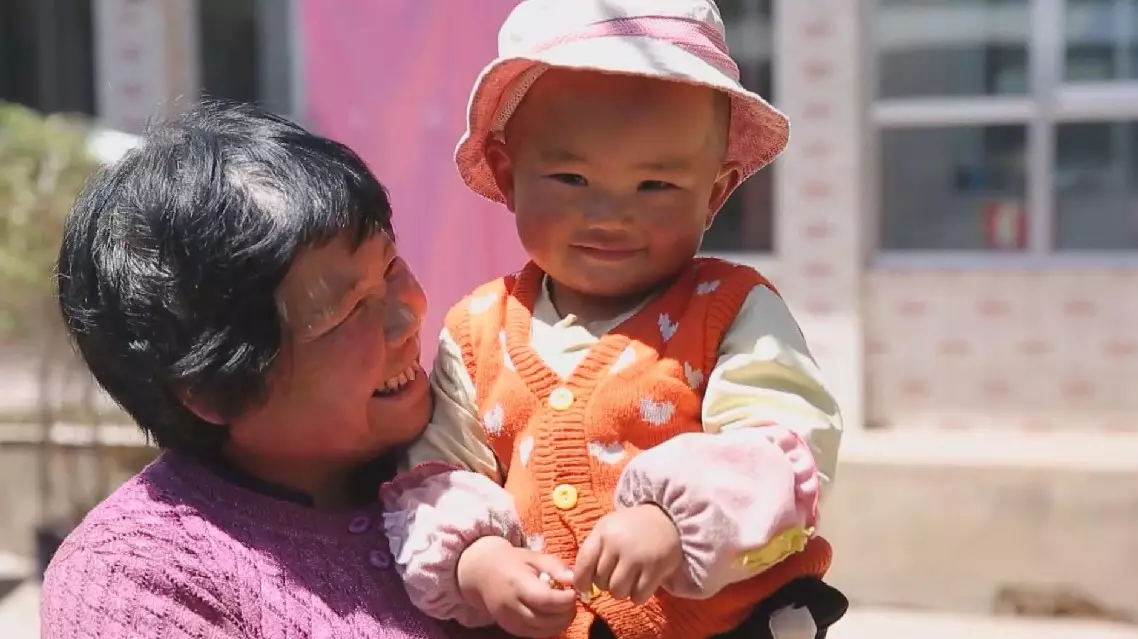
Relocated villagers in Gansu say poverty alleviation programs have transformed lives


